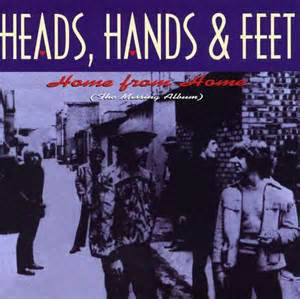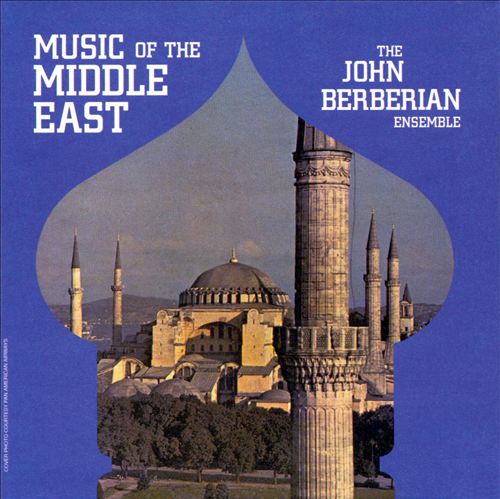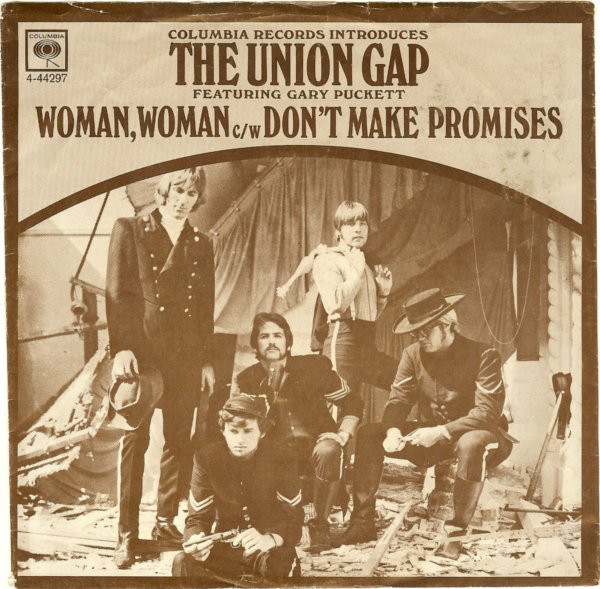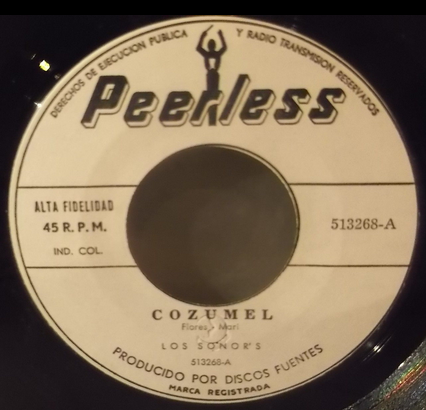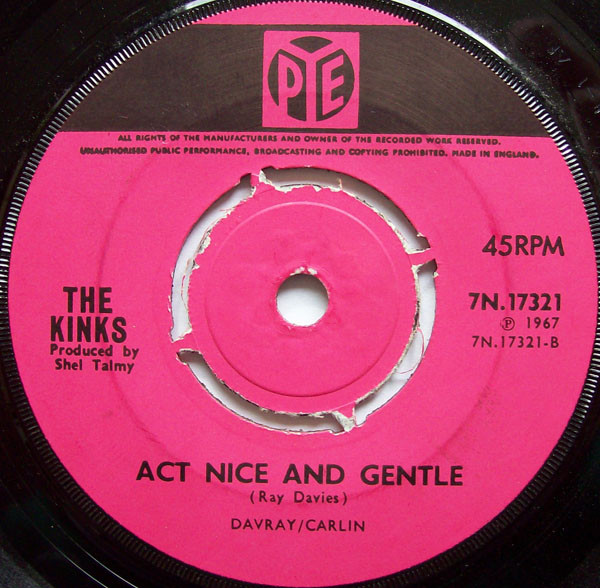
“Meridian Leeward” (1968) – Nazz * Written by Todd Rundgren * LP: Nazz Nazz * Produced by Nazz * Label: SGC
We can assume some sort of Animal Farm or youth culture angle inspired this Nazz song about a human who used to be a pig. It stands out among other tracks on the group’s sophomore Nazz Nazz album, though, because of the bewildered discomfort in singer Stewkey Antoni’s delivery. No wonder the group’s clearly mismatched songwriter Todd Rundgren moved on after this album.


